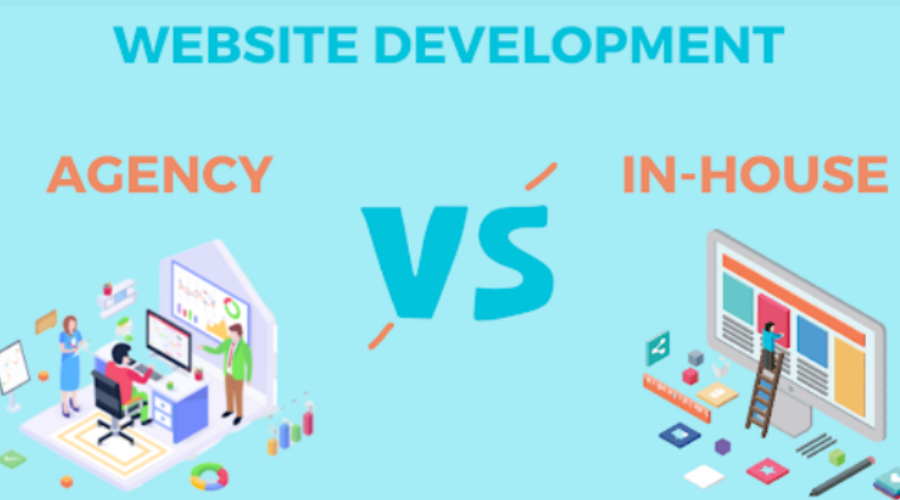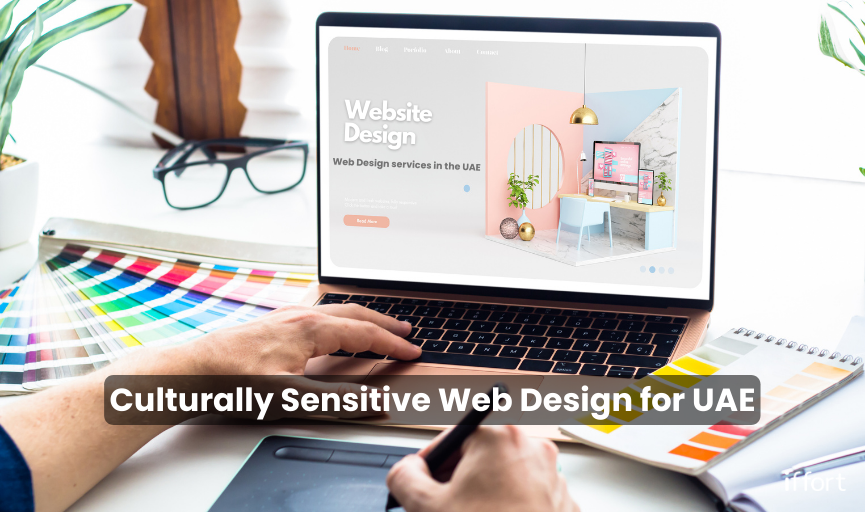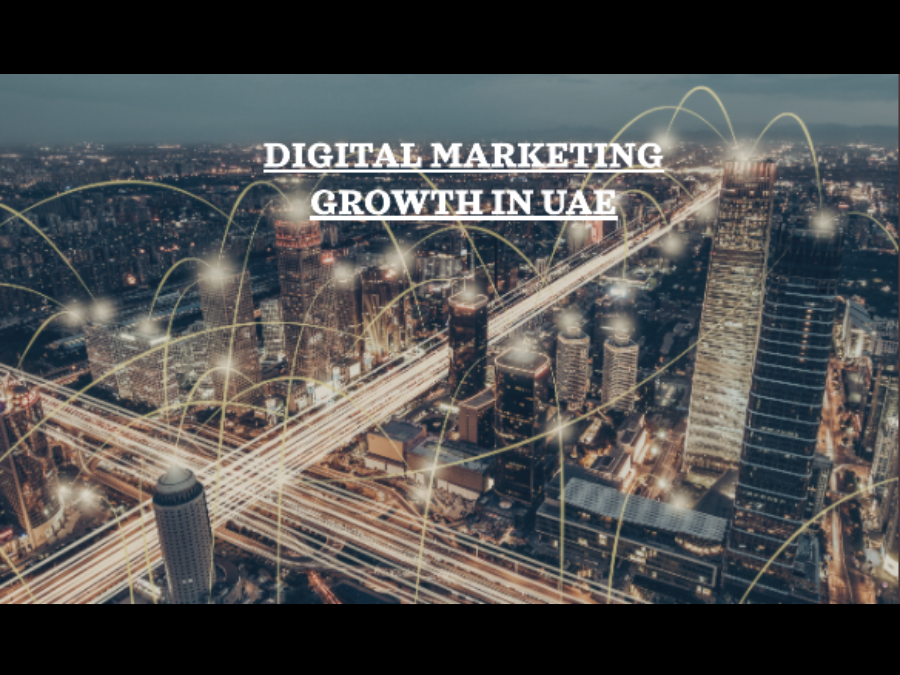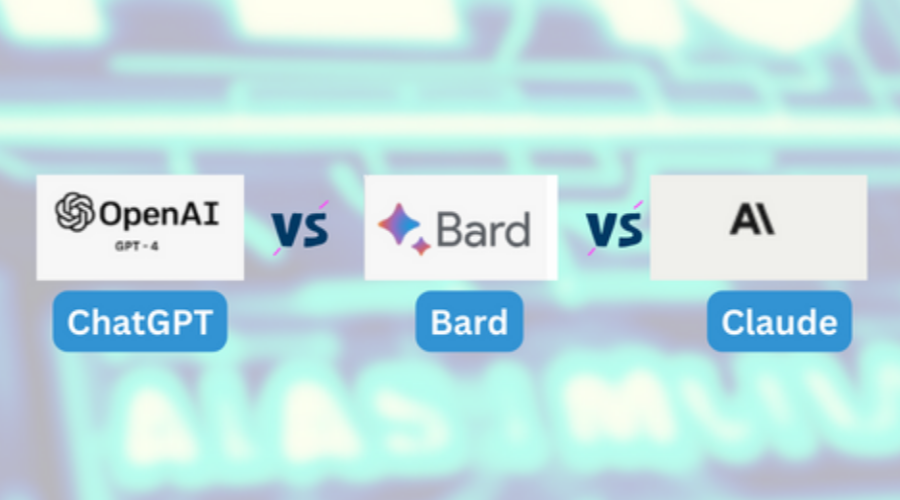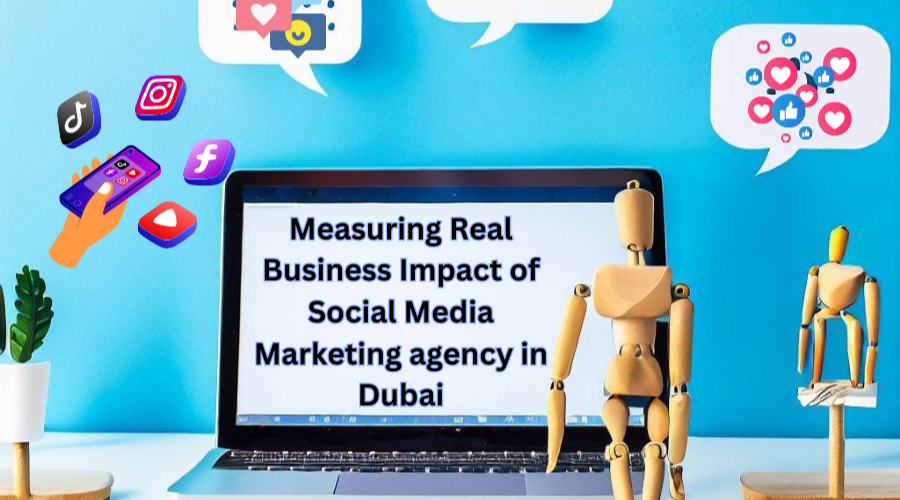- Blog
- Making the Right Choice: Agency or In-House Web Development in Dubai
- Articles , UAE Articles ,
- September 4, 2023
The importance of web development has grown significantly as society transitions to the digital age. A strong internet presence has changed from being a luxury to being absolutely necessary for surviving in the cutthroat business world, from startups to global businesses.
However, in the midst of this technological revival, businesses in Dubai are faced with a critical decision: whether to hire external web development teams or keep their in-house staff.
The choice has broad ramifications that affect things like expertise, efficiency, and project scalability. It’s a decision that has the power to radically alter a company’s digital course.
This is where our blog comes in, with a clear goal to give businesses in Dubai the information they need to make wise decisions about their web development requirements.
Through insightful analysis and expert guidance, we aim to unravel the complexities of UAE’s web development landscape. Whether you’re a startup seeking an agile solution or an established enterprise craving full control, our blog will serve as your compass, guiding you towards a strategic choice that aligns seamlessly with your goals.
Why is there a need for web development?
Web development plays an important role in today’s digital landscape, meeting a variety of needs that enable businesses, organizations and individuals to thrive in the online world. Here are some of the main reasons why web development is necessary:
1. Online presence
In the digital age, having a strong online presence is essential. A well-developed website will act as a virtual store or office, providing a point of contact and disseminating information for customers and stakeholders.
2. Global scope
The Internet allows businesses to transcend geographical boundaries and reach a global audience. Web development allows businesses to tap into new markets and connect with customers around the world.
3. Branding and Credibility
A professionally designed and developed website enhances a brand’s credibility. A polished website reflects a company’s commitment to quality, which in turn builds trust with visitors and potential customers.
4. Marketing and Promotion
A website serves as a central hub for marketing efforts. From SEO optimization to social media integration, web development enables businesses to showcase their products or services and engage in effective digital marketing campaigns.
5. E-Commerce
For businesses engaged in online sales, e-commerce development is crucial. It provides a platform to showcase products, process transactions securely, manage inventory, and offer personalized shopping experiences.
Web development is integral to establishing a digital footprint, fostering brand credibility, enabling online transactions, facilitating communication, and harnessing the power of the Internet to achieve various business goals.
Now, the big question that pops up is if it’s beneficial to hire a web development agency or have an in-house team to take care of your website needs. Let’s weigh the pros and cons of working with an agency VS an in-house team to get more clarity.
Pros and Cons of Hiring a Web Development Agency
When venturing into the vibrant Dubai web development arena, one of the primary options you’ll encounter is partnering with a specialised agency. Let’s delve into the advantages and disadvantages of this approach to help you make an informed decision.
Pros of Hiring a Web Development Company in Dubai
- Expertise and specialisation: Dubai web development firms frequently overflow with talent and offer in-depth knowledge and specialty in a variety of web development fields. They’ve probably worked on a variety of tasks, giving them the opportunity to bring a plethora of knowledge to the table. Results from this speciality may be effective and of high quality.
- Access to a wide range of skills: Agencies frequently have teams of experts with a wide range of backgrounds, including designers, developers, UI/UX experts, and project managers. This aggregate skill set guarantees that your project will profit from a multidimensional strategy that fully addresses all facets of web development.
- Cost-effectiveness: For many firms, it may be less expensive to hire a web development agency in Dubai than to keep a full-time in-house team. When an agency works on a project-by-project basis, it saves money on overhead expenses like employees, benefits, and training.
- Flexibility and scalability: Dubai’s dynamic business environment necessitates flexibility. Depending on the needs of your project, agencies might scale up or down their personnel. Businesses that experience variable workloads or those wanting to quickly expand or pivot can benefit the most from this flexibility.
Cons of Hiring a Web Development Company in Dubai
- Lack of complete control: Although agencies provide expertise, giving up complete control over some parts of your project might be problematic. You might not have as much control over day-to-day choices and could have to rely on the agency’s expertise.
- Dependence on outside parties: Hiring an agency entails a certain amount of reliance on an outside party. The agency may potentially disrupt your project or introduce weaknesses into your web development process if they experience problems or go through modifications.
- Projects that are vast and sophisticated may result in rising expenses, despite the fact that agencies can be cost-effective for smaller to medium-sized projects. For longer project schedules or changes to the project scope, agencies could charge extra costs, which could put a strain on your finances.
Pros and Cons of Building an In-House Web Development Team
As you explore the decision to establish an in-house web development Company in Dubai, it’s crucial to understand the advantages and disadvantages of this approach. Here, we break down these factors to help you make an informed choice.
Pros of Building an In-House Web Development Team in Dubai
- Complete management and integration: With an internal web development team, you maintain total management of all aspects of your projects. This makes it possible for your company’s objectives, principles, and workplace culture to be seamlessly integrated, guaranteeing that your web development activities are completely in line with your overarching business plan.
- Adapted to the corporate culture of your business: To embody the culture and values of your business, in-house teams can be carefully chosen and developed. This alignment encourages teamwork and a unified goal for your web development projects, creating a cohesive work atmosphere.
- Long-term cost reductions: While the initial investment in creating an in-house team may seem significant, it frequently results in cost savings in the long run. An internal team may eventually be more cost-effective due to the lack of external agency fees and the capacity to take on numerous projects at once without incurring additional expenses.
Cons of Building an In-House Web Development Team in Dubai
- Recruitment and training costs: Finding, employing, and training web developers may be a time- and resource-consuming operation. It can be difficult to find the necessary people in Dubai’s competitive tech sector, which could delay project start-up.
- Limited knowledge and abilities: In-house teams may lack knowledge and abilities, particularly in specialized or developing technologies. It can be difficult to keep a workforce with a diverse mix of skills, which could leave gaps in your web development capabilities.
- Lack of project requirement flexibility: Internal teams can be advantageous because they are formed to meet the needs of your organization. However, especially for bigger or more sophisticated projects, they could find it difficult to scale up or down quickly as project demands change without having to hire more people.
Making the Decision: Key Considerations
As you stand at the crossroads of choosing between web development agencies and in-house teams in Dubai, it’s imperative to navigate this critical decision-making process with utmost care. Here, we outline key considerations that will empower you to make an informed choice.
- Determining project scope and budget:Consider the intricacies, scale, and timeline of the project. Weigh these factors against your available financial resources. A detailed project scope and budget will serve as a crucial compass, guiding you towards the most suitable approach.
- Evaluating your long-term web development needs: An in-house team may be more advantageous for sustained, complex projects, while agencies can excel in shorter, specialized endeavors. Align your choice with your long-term vision.
- Assessing your company’s culture and values: In-house teams can be carefully tailored to embody your culture, fostering alignment and collaboration. Conversely, agencies offer diverse perspectives but may require adaptation to your values. Choose the option that harmonizes best with your organizational ethos.
- Weighing the pros and cons in your specific context: Weigh the advantages and disadvantages of each approach against your specific context. Consider factors like industry, competition, growth plans, and technological requirements. Make a decision rooted in a comprehensive understanding of your business’s distinctive needs.
Hybrid Approach: A Middle Ground
Utilizing both the advantages of in-house teams and outside web development companies is known as a hybrid method. It involves finding the right balance between internal control and outside knowledge. This strategy lets you keep internal control over your project while utilizing specialist agency capabilities for some areas of it.
- As you can distribute resources wisely, hiring outside agencies for particular projects and your in-house staff for continuing maintenance, it delivers cost savings.
- Your project will take advantage of the newest trends and technologies thanks to your access to agency expertise in specialized fields.
- When project demands change, the hybrid model’s flexibility enables you to scale resources up or down.
- It’s critical to successfully balance duties because managing a hybrid strategy can be challenging, with possible communication and coordination issues.
You can effectively manage this collaboration by understanding the following:
- Establish open lines of communication between the internal team and the agency to make sure everyone is on the same page.
- Clearly defined roles: Reduce overlap and disputes by outlining each team’s specific tasks and responsibilities.
- Project Management: To speed up cooperation, use effective project management tools and processes.
- Regular Evaluation: Analyze both teams’ performance over time to spot potential areas for enhancement.
For organizations in Dubai looking to maximize resources, know-how, and control in their web development projects, the hybrid method is a smart option. It can give the best of both worlds when implemented correctly, advancing your digital objectives.
Conclusion
We have examined the benefits and drawbacks of both external teams and internal teams for web development throughout this investigation. We’ve emphasized the subtle differences that set each strategy apart, illuminating the aspects that ought to affect your choice.
There is no one approach that works for all situations, and this is a resounding reality. Depending on the scope, budget, long-term requirements, and corporate culture of your particular project, you may choose to work with an agency or an internal team. It is crucial to adjust your strategy to take into account these elements.
Making well-informed decisions is crucial at a time when your online appearance may make or break your company. We have worked hard to provide you with the information and wisdom necessary to make decisions that will lead your web development projects to success.
Dubai’s tech industry is a dynamic and thriving ecosystem, and your web development decisions are a crucial part of navigating this landscape. Whether you opt for an agency, build an in-house team, or explore the hybrid approach, remember that flexibility, adaptability, and continuous evaluation are key to staying ahead in this ever-evolving field.
Want to collaborate and explore business opportunities?
Iffort, a leading company in the tech industry has been helping businesses with their digital goals for more than a decade. Recognised worldwide for their successful projects in places like Dubai, UAE, and Abu Dhabi. Iffort crafts digital solutions that resonate with your business objectives.Connect with Iffort, your digital technology and marketing partner.

